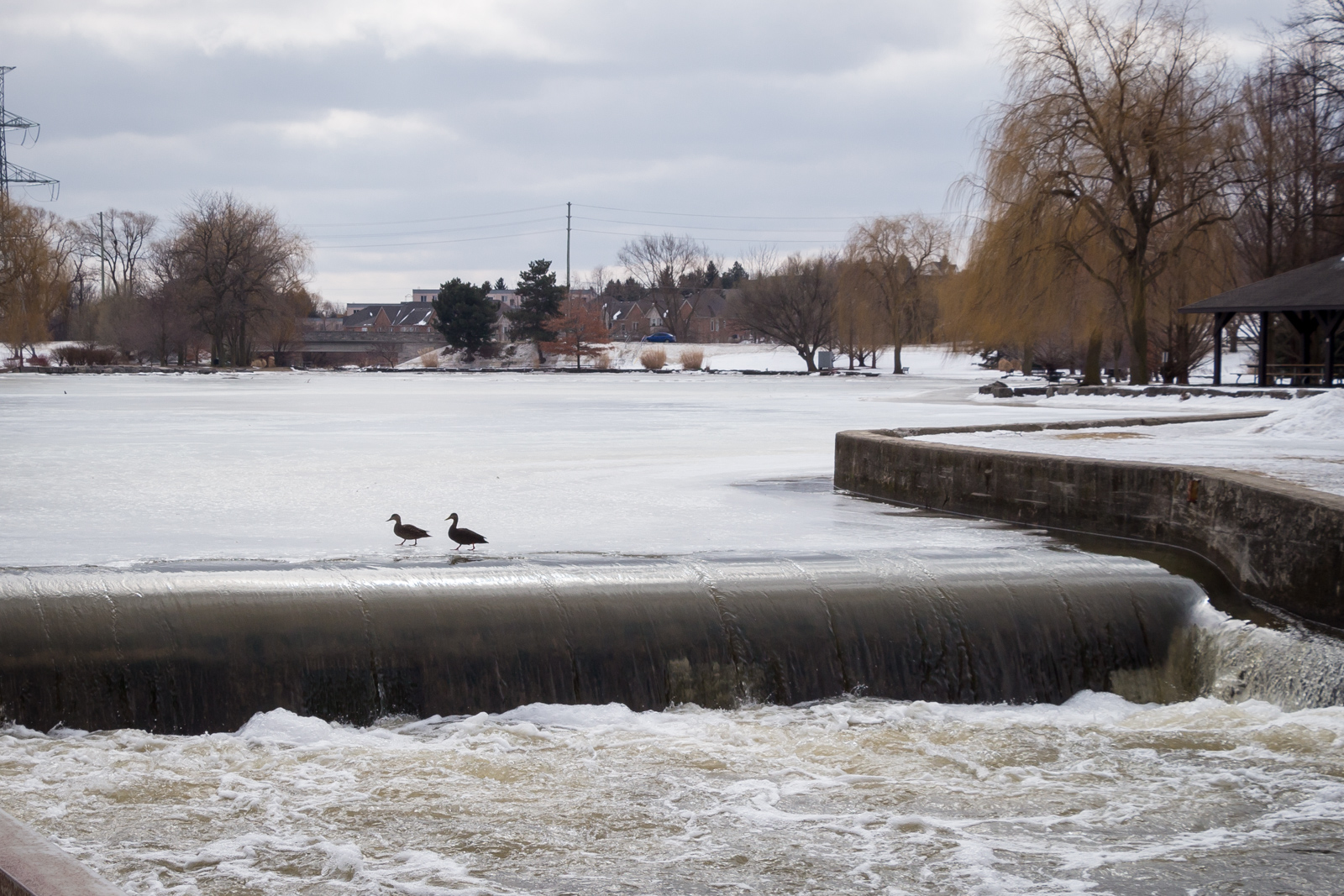Bubba and I thought we’d check out our wee forest today and we were pleased to see that maple syrup season is in full swing. There’s a farm adjacent to our woods that’s full of sugar maples and they process the syrup the old-fashioned way, with pails to collect the sap and an old-fashioned sugar shack where they boil it down over a wood fire. The ratio is 14 litres of sap gives you 1 litre of syrup. Jack has spent a lot of time checking out the farm and those maple trees and I’d warrant a guess that he’s peed on many, maybe even most, of the trees that are tapped. That’s why we call this farm’s maple syrup “Jack Juice.”



















